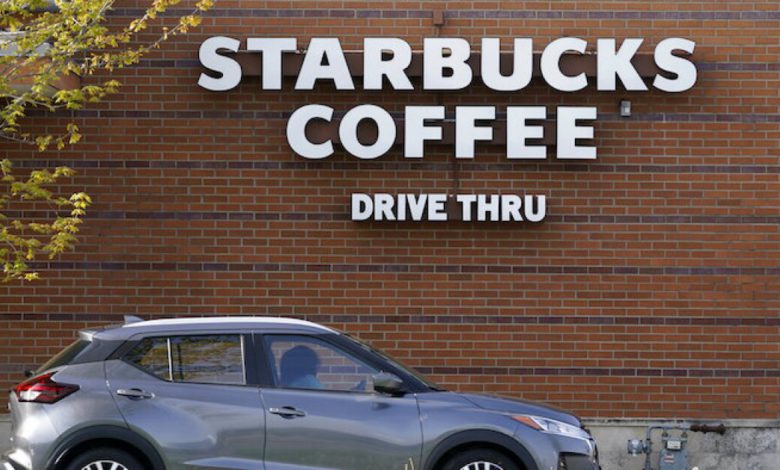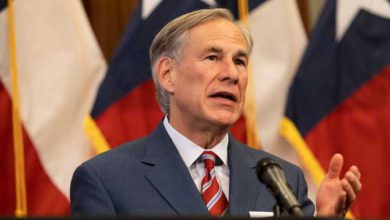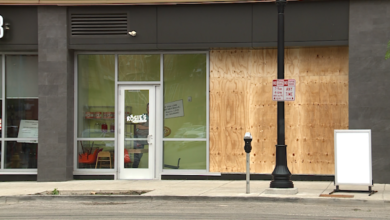
More New York state Starbucks locations are now set to vote to decide if workers there want to unionize. Many see the effort as having the ability to possibly pick up steam in other parts of the country.
As Bloomberg reported, Nancy Wilson, an acting regional director of the National Labor Relations Board ordered ballots be sent out to Starbucks employees by Jan. 31, and be returned by Feb. 22. Employees at the three additional stores will vote to decide if they would like to join Workers United which is affiliated with Service Employees International Union which won elections recently at two other Starbucks sites in Buffalo.
So far, only two out of 9,000 of Starbuck's corporate-run locations are unionized, which comprises over 230,000 employees, the New York Times reported.
Reggie Borges, a spokesperson for Starbucks was quoted in the Times using a little different language, saying that the company was not anti-union, but instead was “pro-partner,” with its employees. Borges says that the company has historically listened to its workers' feedback and made changes that make unionizing unnecessary.
In early January, unionized Starbucks employees in upstate New York staged a walkout citing fears over COVID-19 safety amid a surge of virus cases. As the Associated Press reported, six of those employees formed a picket line outside of one of the stores in Buffalo causing it to decide to close for the day, after around a third of the staff did not report to work because of safety fears.
Borges said that Starbucks had met and exceeded CDC and expert guidelines and offered vaccine and isolation pay to employees.
“Over and above that, all leaders are empowered to make whatever changes make sense for their neighborhood, which includes shortening store hours or moving to 100% takeout only, which is the case in Buffalo,” Borges said.
Starbucks workers at various cities across the U.S., in cities including Knoxville, Tenn., Tallahassee, Fla., Seattle, Chicago, Boston and Denver, have reportedly been seeking to follow the model of Buffalo in seeking to vote to organize unions, according to the New York Times.
In a 2006 statement on Starbucks' corporate website, the company addresses its long-held perspective on unionizing writing, "While Starbucks respects the free choice of our partners, we firmly believe that our work environment, coupled with our outstanding compensation and benefits, make unions unnecessary at Starbucks. We respect our partners’ right to organize, but believe that they would not find it necessary given our pro-partner environment."
John Logan, a labor studies professor at San Francisco State University told the New York Times that unionizing has traditionally been effective when aimed at companies with a small number of large workplaces, as striking at one of less than 20 large factories can cause a disruption. But, striking at one or a few out of 9,000 Starbucks stores across the country would likely make little to no difference to the profits of a company as massive as Starbucks.








